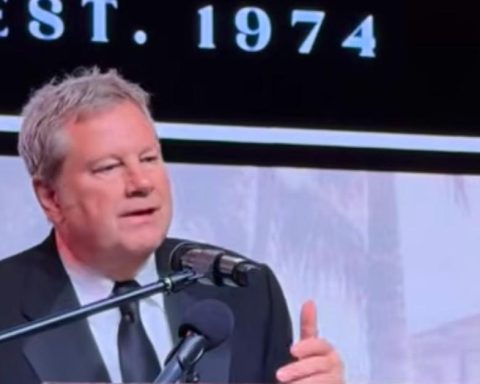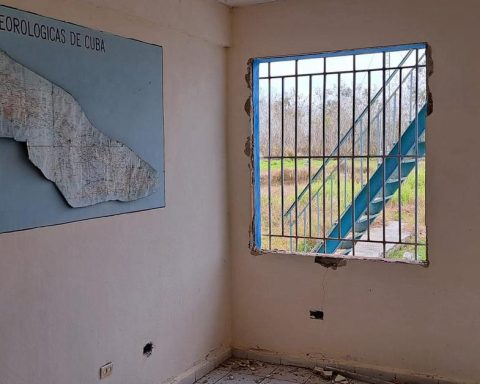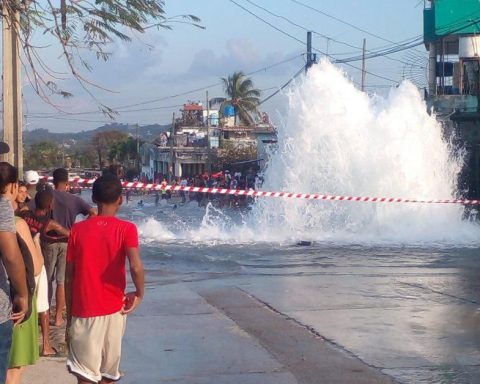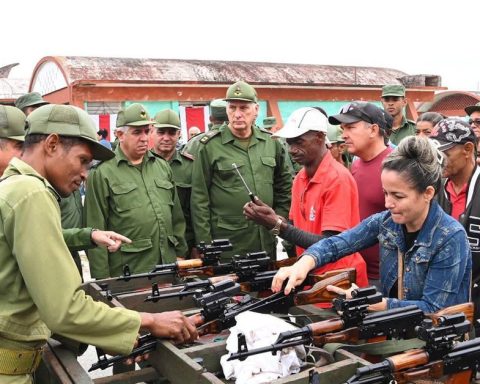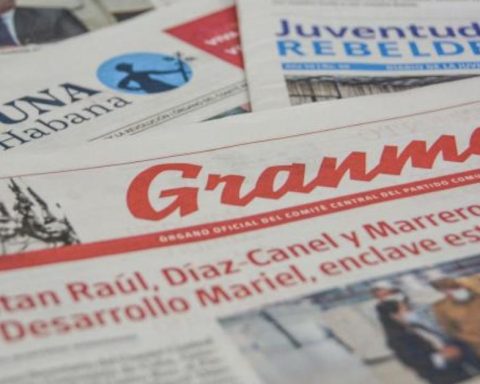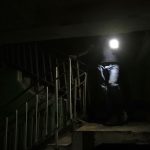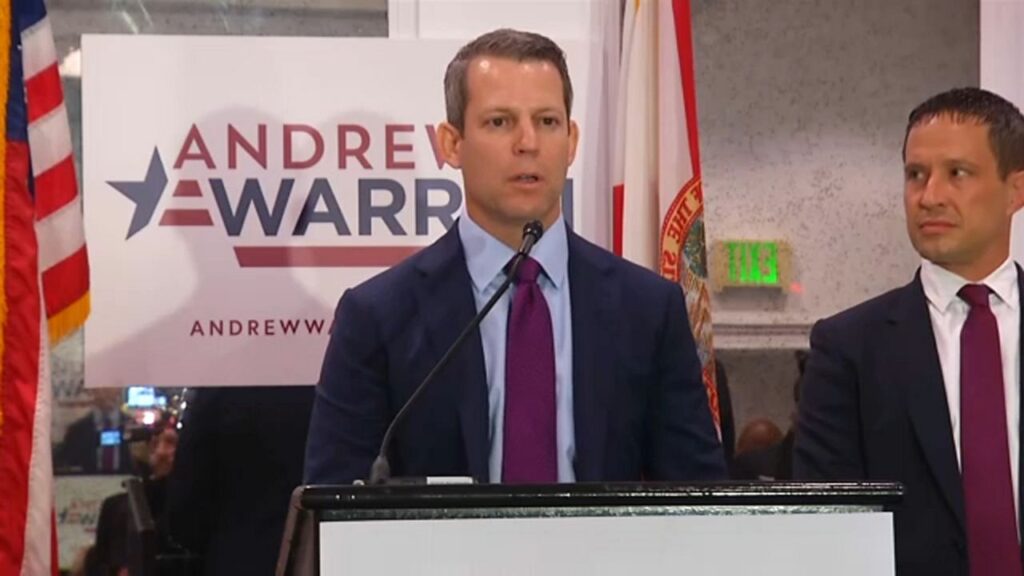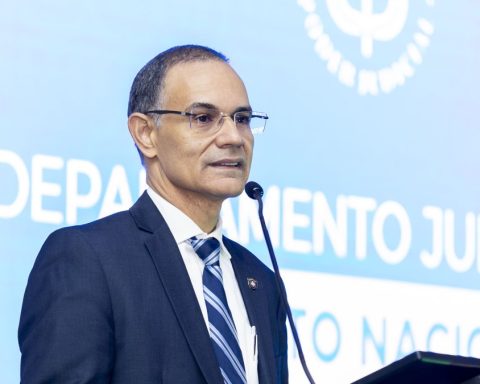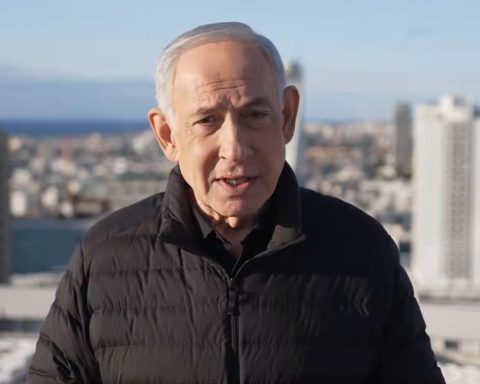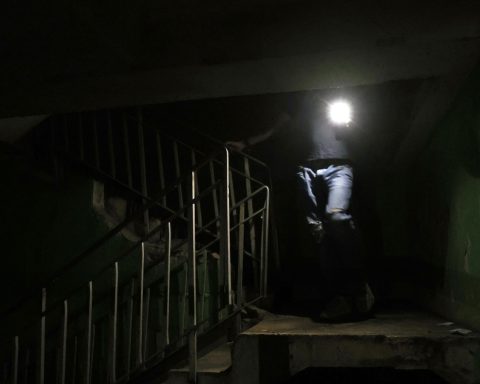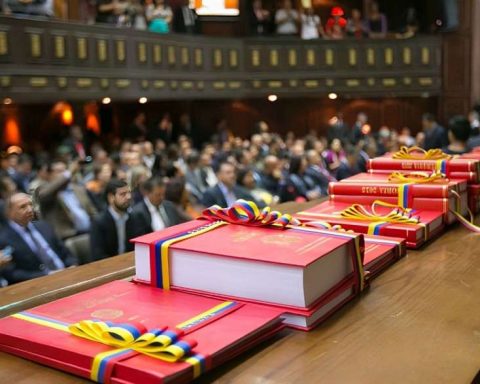The old emigrant joke about Miami, Cuba’s last province, threatens to become a reality. In the great city of Florida some medicines are beginning to be scarce. “When I go to a pharmacy, they tell me that the medicine has run out, that they took everything to send it to Cuba,” complains Enrique, who has lived in the United States for ten years.
Enrique has toured the city’s pharmacies to put together a package of medical supplies. His mother has been undergoing breast cancer treatment for a year and will now face an operation in Villa Clara. Distraught, Enrique realizes that his family’s only hope is for him to get the necessary medicines and equipment, because, according to the local doctors’ warning, “there is nothing here.”
Phone in hand and driving through the streets of Miami, the man consults the list that his relatives have sent him. “Every time I go to an establishment they tell me the same thing: they know what to sell me, because all Cubans arrive asking for the same thing, but there is no more. The demand is so great that even here things are in deficit,” laments Enrique.
“What is most ‘lost’,” explains the man, “is the thread for the suture, the surgical gloves and the anesthesia.” Enrique’s inventory is thorough. What is missing in one pharmacy must be “hunted” in another, even if it is in a different city. For the operation, it requires two types of suture thread, a finer one for the interior and another type to close the wound. He will have to wear 18 or 20 gauge catheters, which are necessary to receive transfusions and serums.
“Every time I go to an establishment they tell me the same thing: they know what to sell me, because all Cubans arrive asking for the same thing.
“Five packages of gauze swabs, four bandages, cotton, 20 compresses, syringes, several rolls of tape, two sets of serum… and that’s just the beginning,” Enrique lists. The medical “Cuban” is so visible that if it weren’t for the fact that they “got” the Surgivac drainage kit for him, there would be no way to buy it. “It cost me 180 dollars,” says the man, who also paid a good amount for the intravenous anesthetic Propofol and povidone-iodine.
“Then will come the long recovery process,” he adds, “for which my mother will need more gauze and cotton, an elastic bandage with pins, a larger bandage to cover the torso and compresses for each cure.”
A doctor friend is the one who prepares the list, which Enrique’s mother then sends to her. It is the Cuban health workers themselves who admit what is there and what is not. “And they have less and less. The government has gotten used to the fact that we will do whatever it takes for our relatives to have surgery. It’s yes or yes: who is going to let her mother die for not sending her medicine?”
Like Enrique, many Cubans living abroad feel between a rock and a hard place. They do not have the necessary means to quickly request reunification with their relatives and they are not willing to subject them to the harsh journey through Central America to the US border. “It’s a desperate situation,” says Enrique.
Phenomena such as “solving” products, waiting several hours to make a purchase and the mistreatment of pharmacists resurrect the worst nightmares of the Cuban exile
A new message comes into the phone. Her mother awaits her turn in the oncology area of the Santa Clara Clinical-Surgical Teaching Hospital. As the center ran out of water, a noisy pipe pumps the liquid inside and prevents patients from resting. Those who come to be treated avoid the puddles and cables that flood the reception, so that the slip does not turn into a hip fracture or something worse.
“Next week I’m leaving for Cuba,” Enrique concludes. “That means that my bags not only carry the medicines and equipment, but also a pair of flip flops for my mom, two house robes, clothes for the cousins, cookies, preserves, preserves, anything to ‘sweeten’ a little everything that’s going on.”
The shortage of medicines in Miami and other Florida cities seemed like an unusual situation, but it has already become a daily occurrence for Cubans residing in the United States. Phenomena such as “solving” products, waiting several hours to make a purchase, and the mistreatment of pharmacists and vendors resurrect the worst nightmares of Cuban exiles. The Government of the Island, meanwhile, continues to display with pride, and through the export of toilets, the label of “medical power”.
________________________
Collaborate with our work:
The team of 14ymedio is committed to doing serious journalism that reflects the reality of deep Cuba. Thank you for joining us on this long road. We invite you to continue supporting us, but this time becoming a member of our newspaper. Together we can continue transforming journalism in Cuba.

